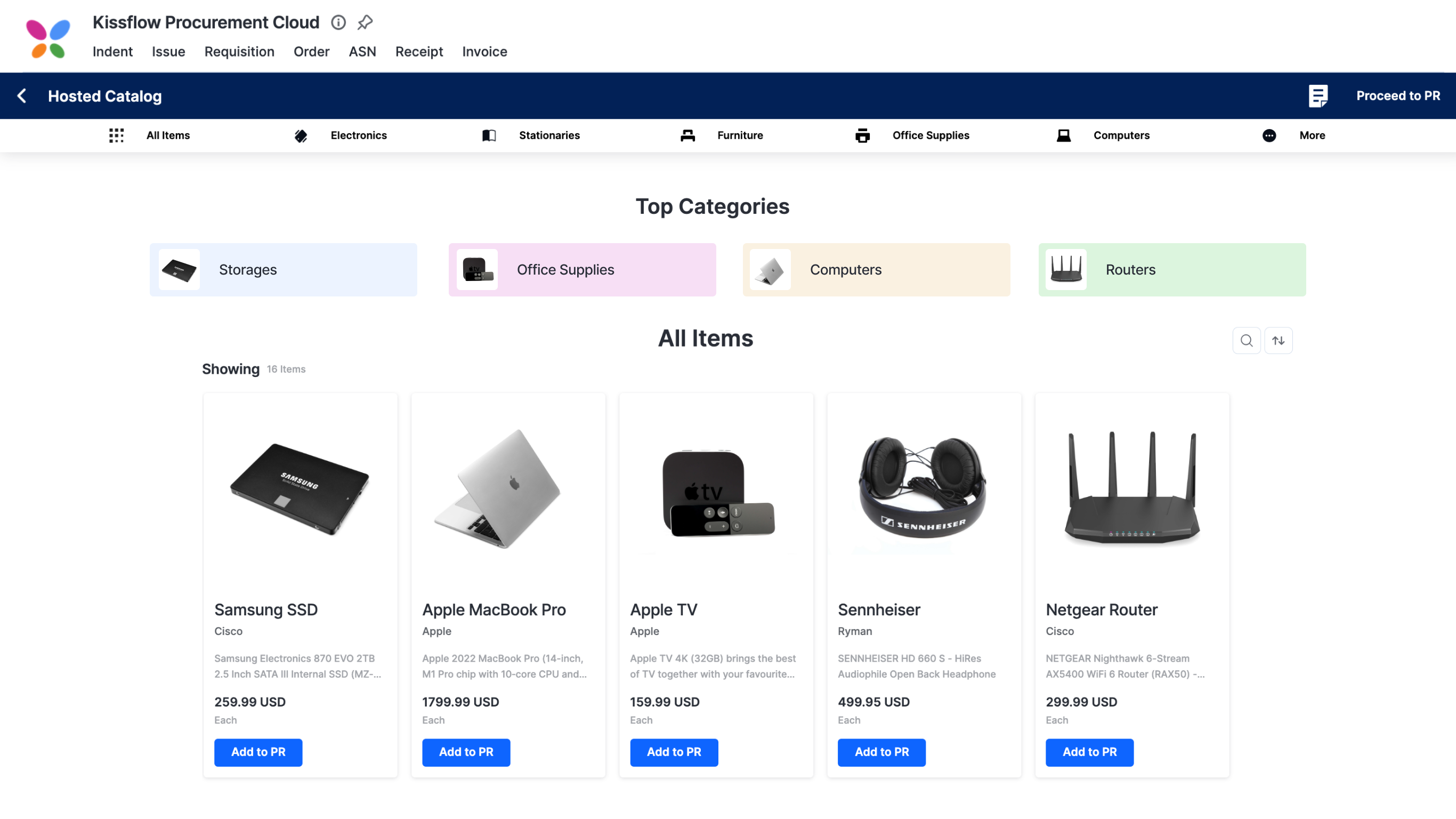Build Faster With
Kissflow's Pre-Built Low-Code Apps
Building low-code apps with Kissflow is easy and requires minimal training. The visual app-building approach empowers anyone to create simple and complex apps without needing developers. Install fully functional pre-built low-code apps to instantly automate and digitize your internal operations, streamlining your work without starting from scratch.

Check out these ready-to-go applications

Offline Forms
By Kissflow
Ensure uninterrupted data flow between Remote Users and decision-makers.
Paid
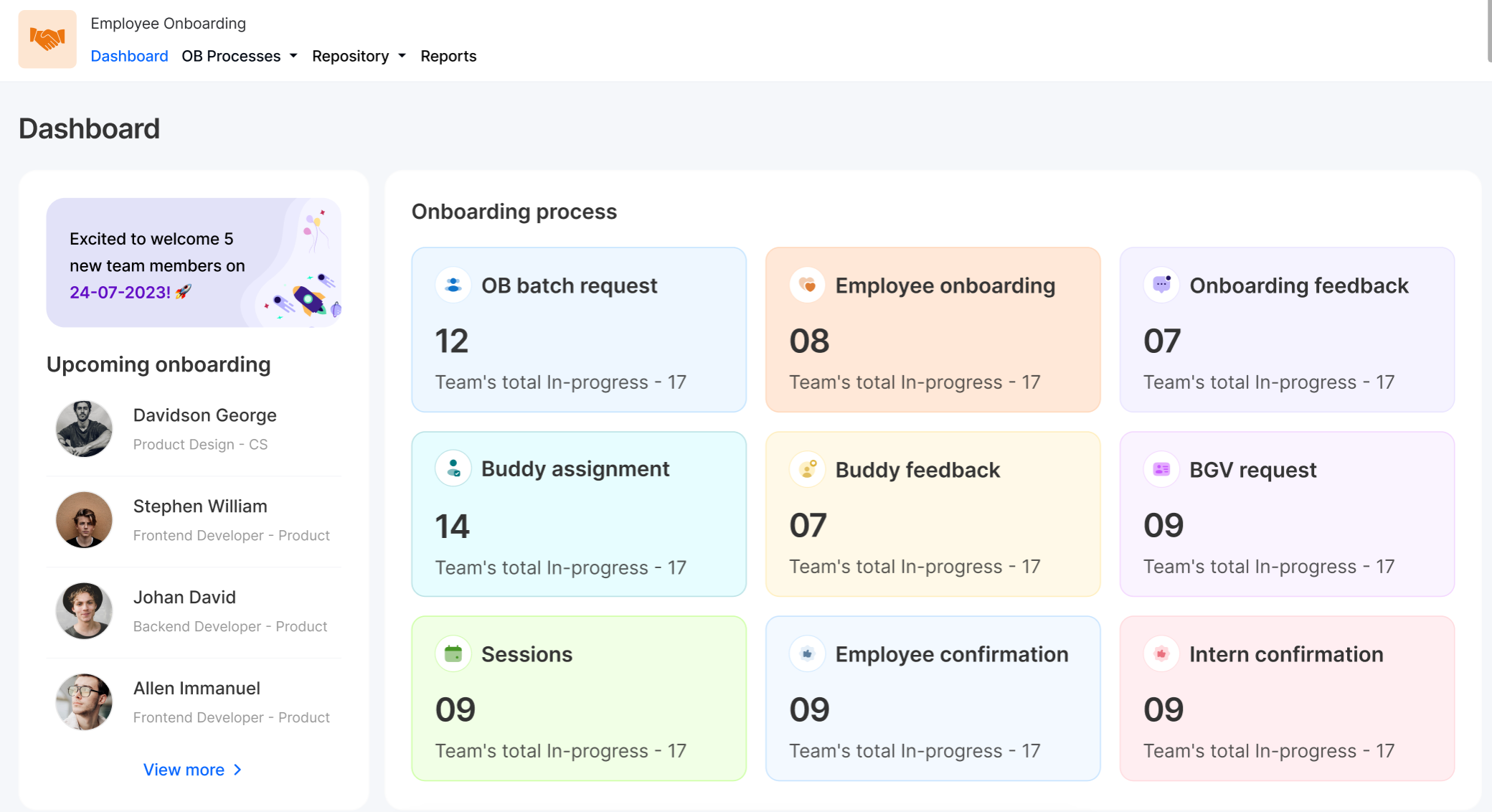
Employee Onboarding App
By Kissflow
A smooth sailing onboarding experience, not a paperwork tsunami.
Paid
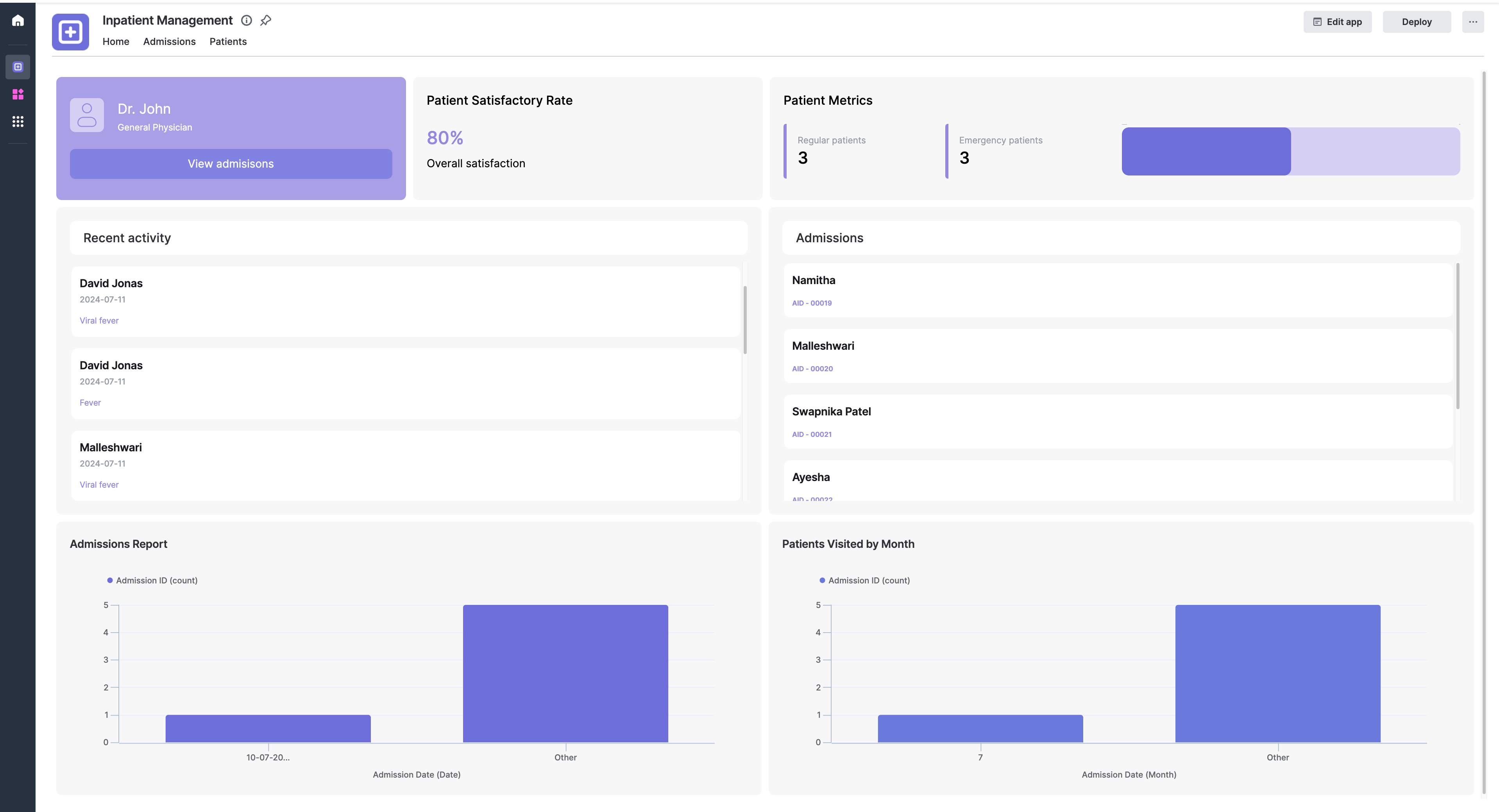
Inpatient Experience Management
By Kissflow
Optimize patient care with streamlined onboarding and data management.
Paid
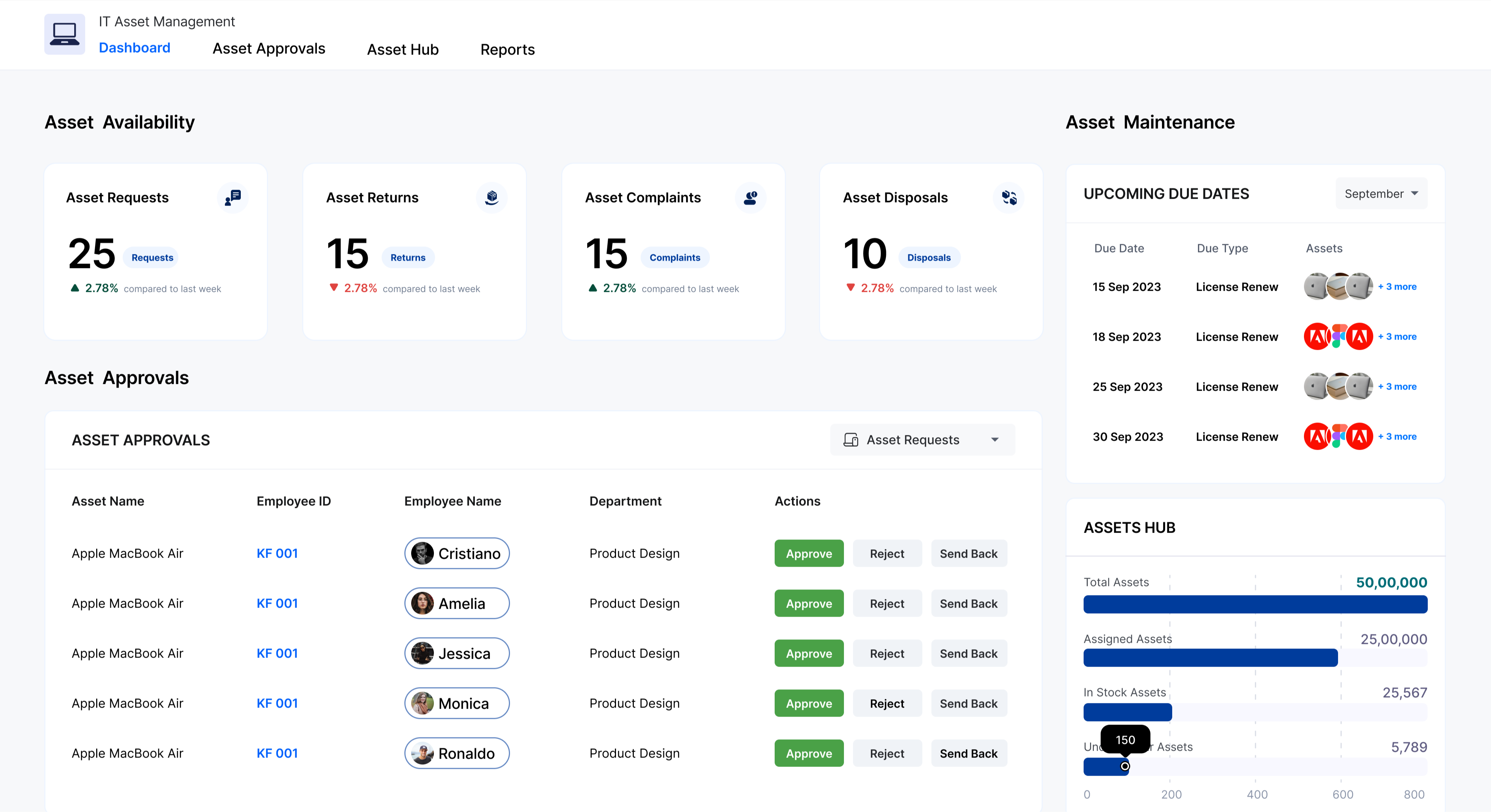
IT Asset Management System
By Kissflow
Monitor IT assets and streamline their management with this app.
Paid
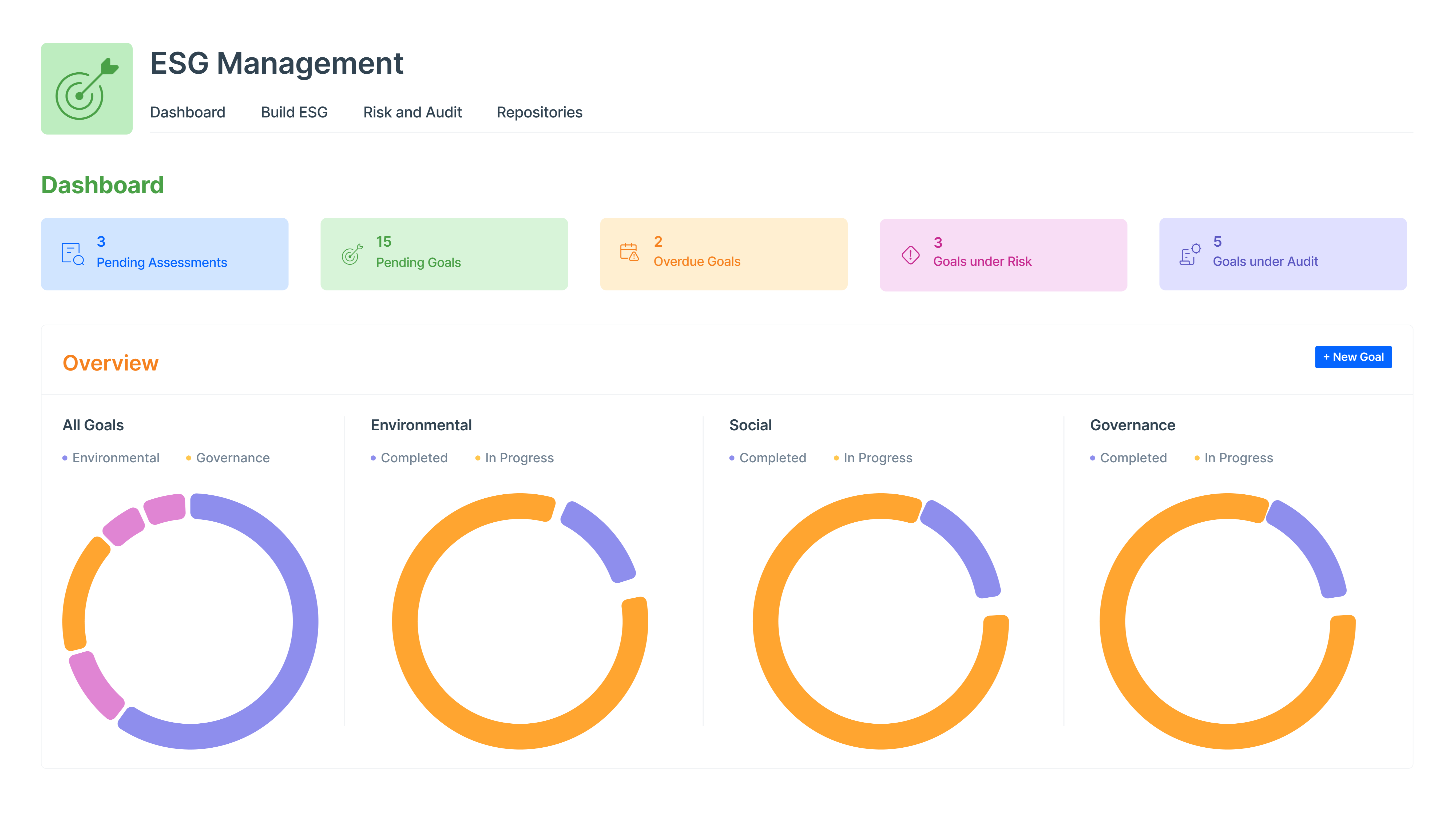
ESG Operation Management
By Kissflow
Framework to evaluate a company's sustainability and ethical impact
Paid
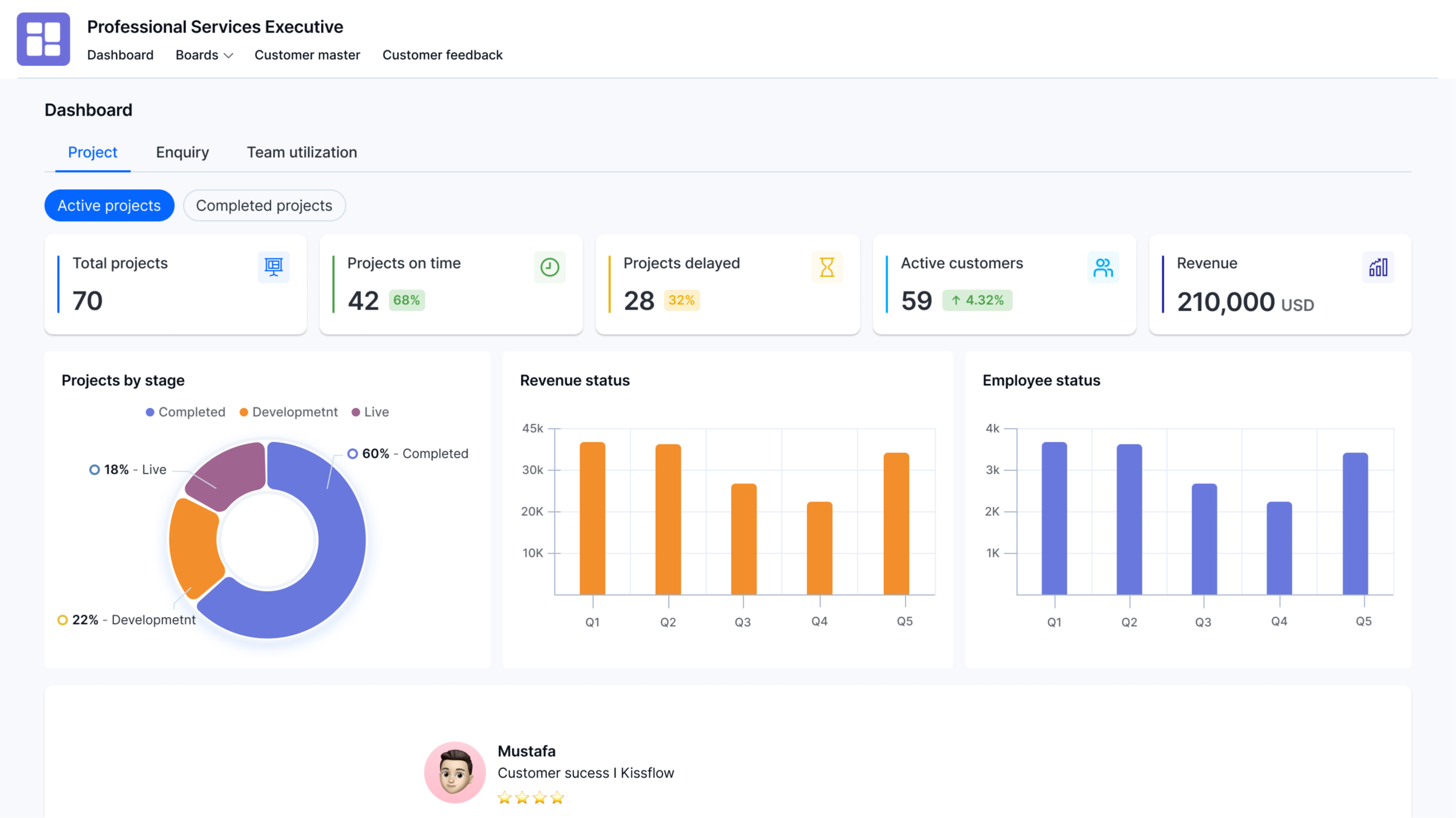
Professional Services Executive Dashboard
By Kissflow
Organize and monitor customer enquiries, and keep track of projects and tasks.
Free
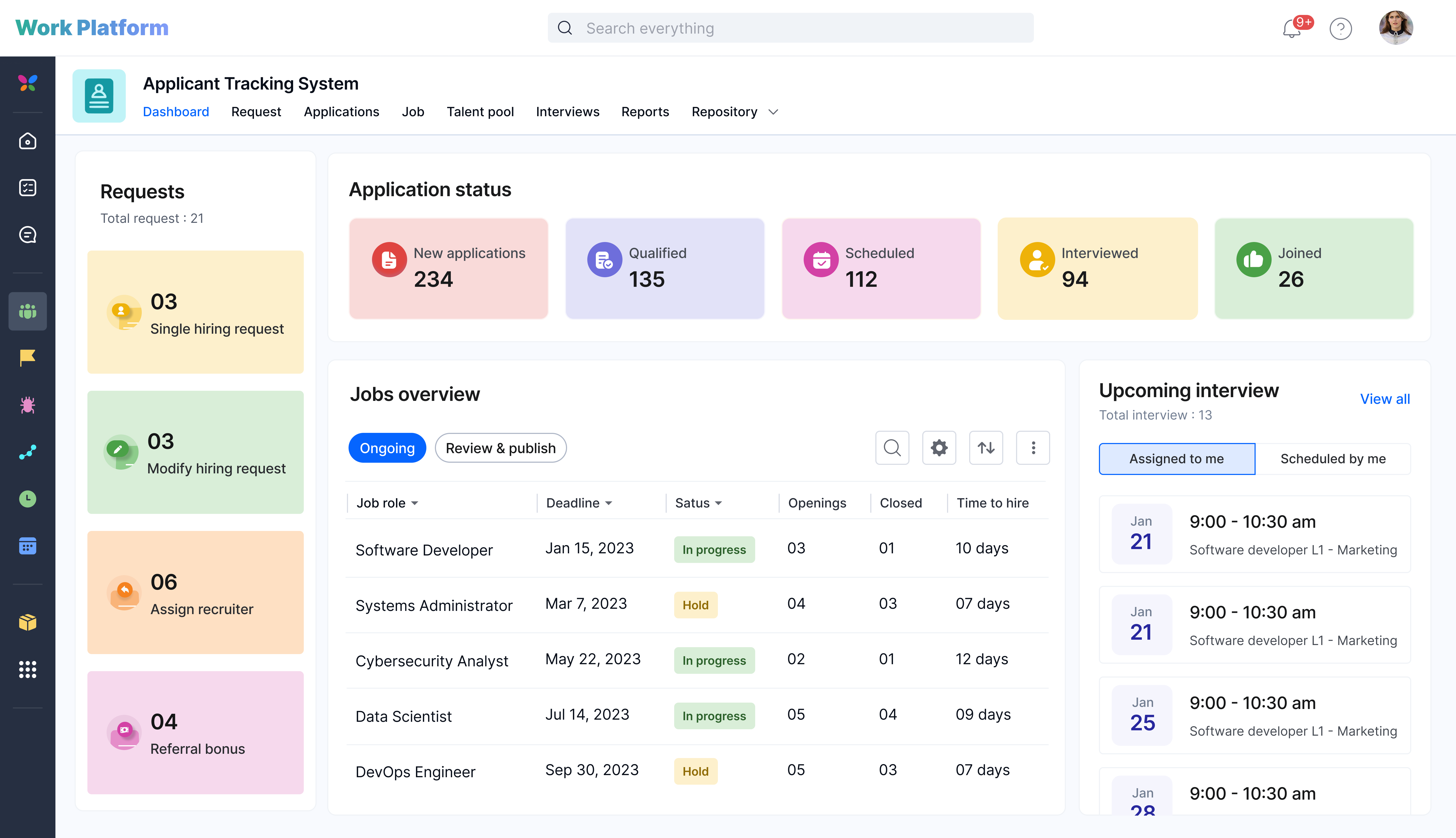
Applicant Tracking System
By Kissflow
Streamline candidate applications and hire the right people with this app.
Paid
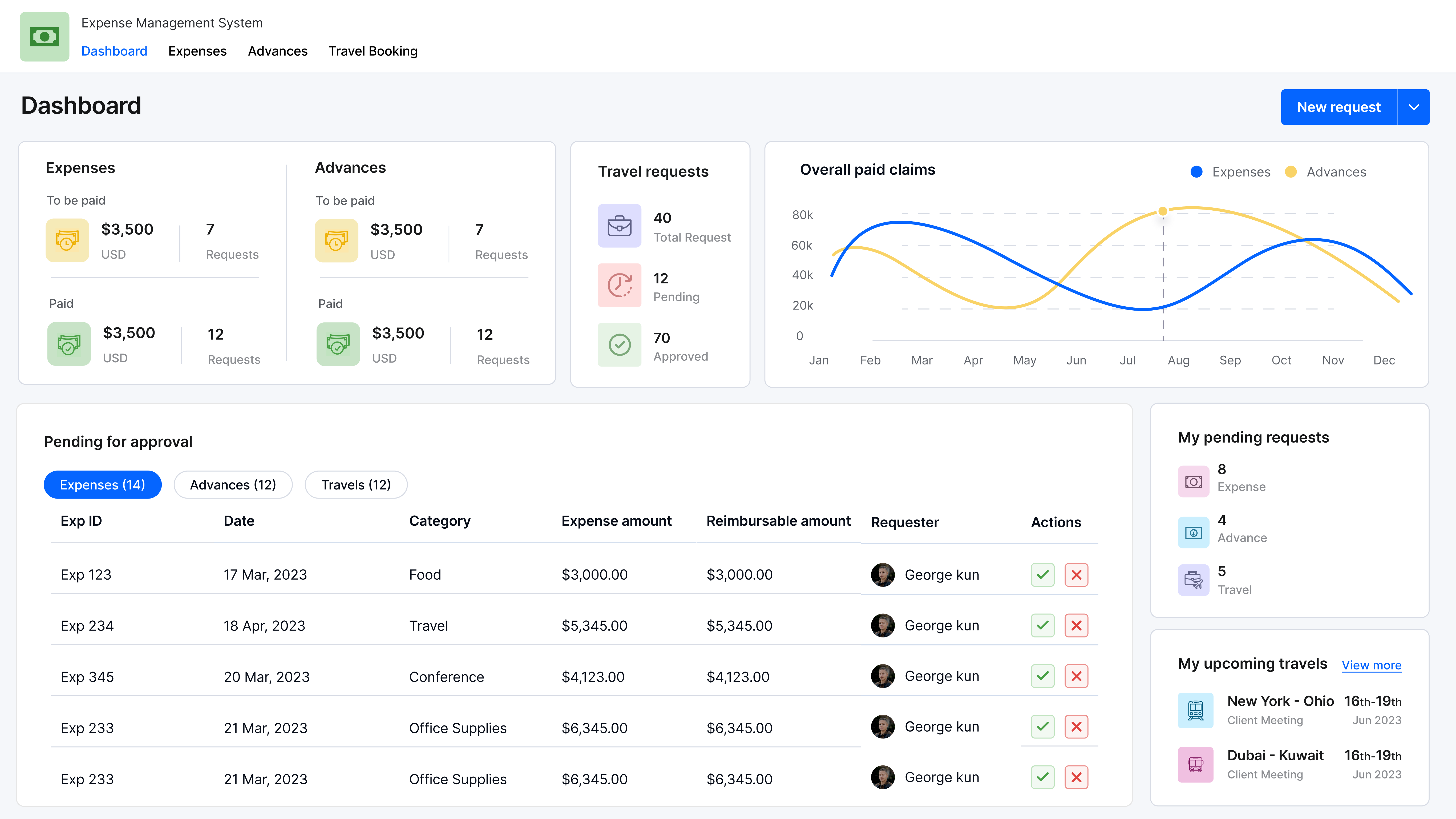
Expense and Travel Management
By Kissflow
Automate reimbursement claims and manage expenses with this app.
Paid
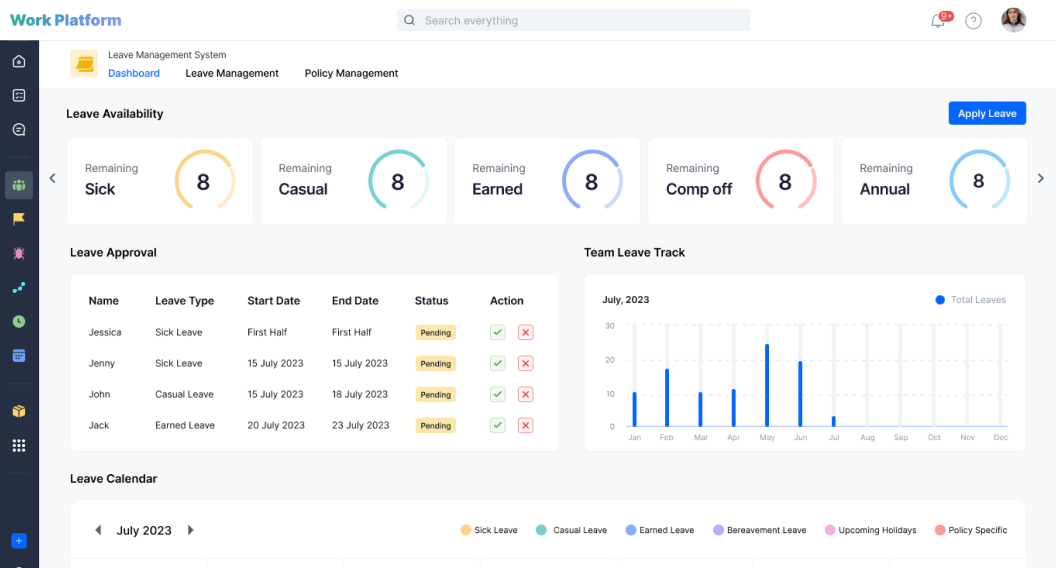
Leave Management
By Kissflow
Apply, track, and manage leave requests aligned with your company’s policy.
Paid
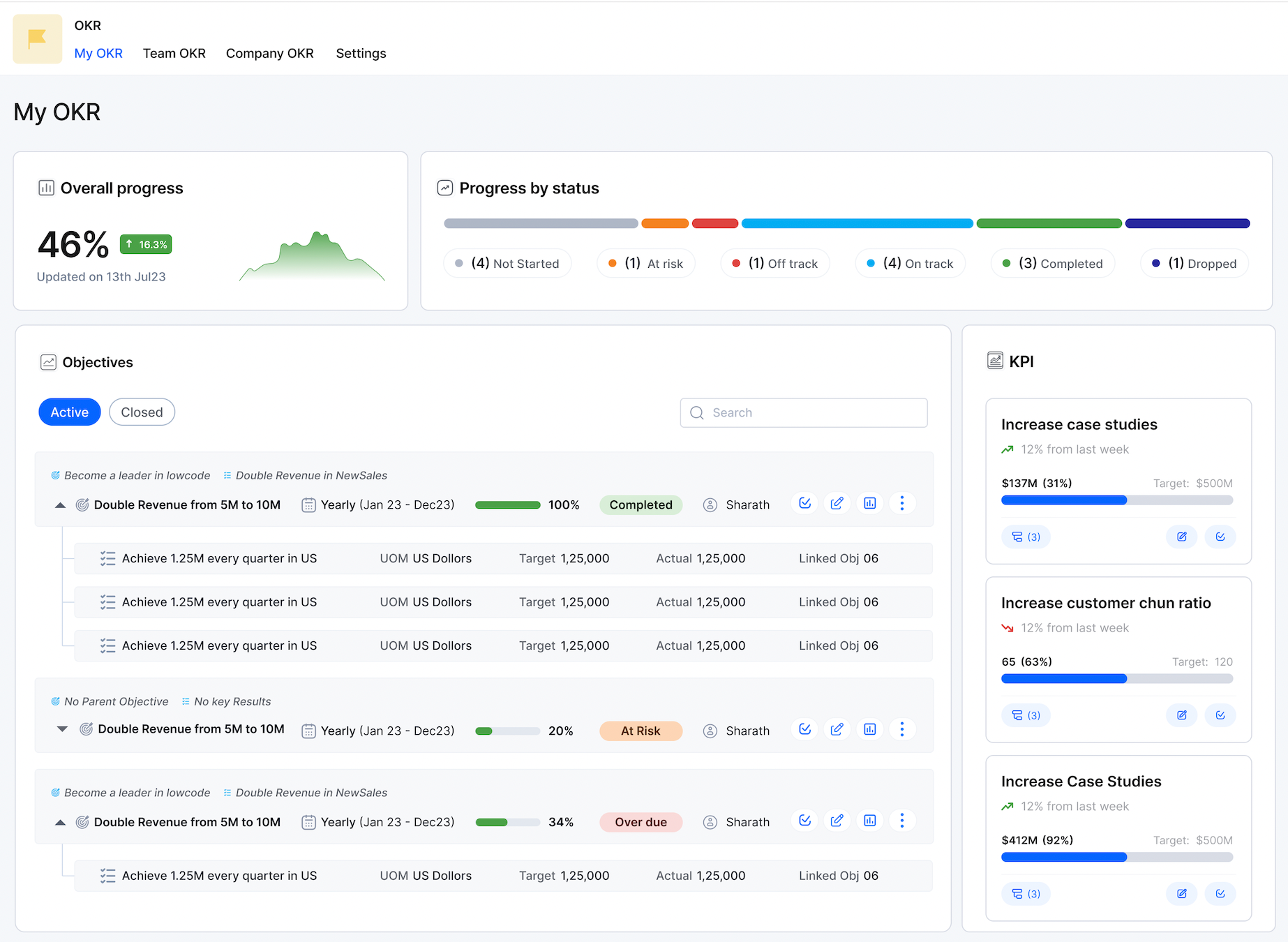
OKR App
By Kissflow
Define, track, and align goals for individuals, teams, and the company
Paid
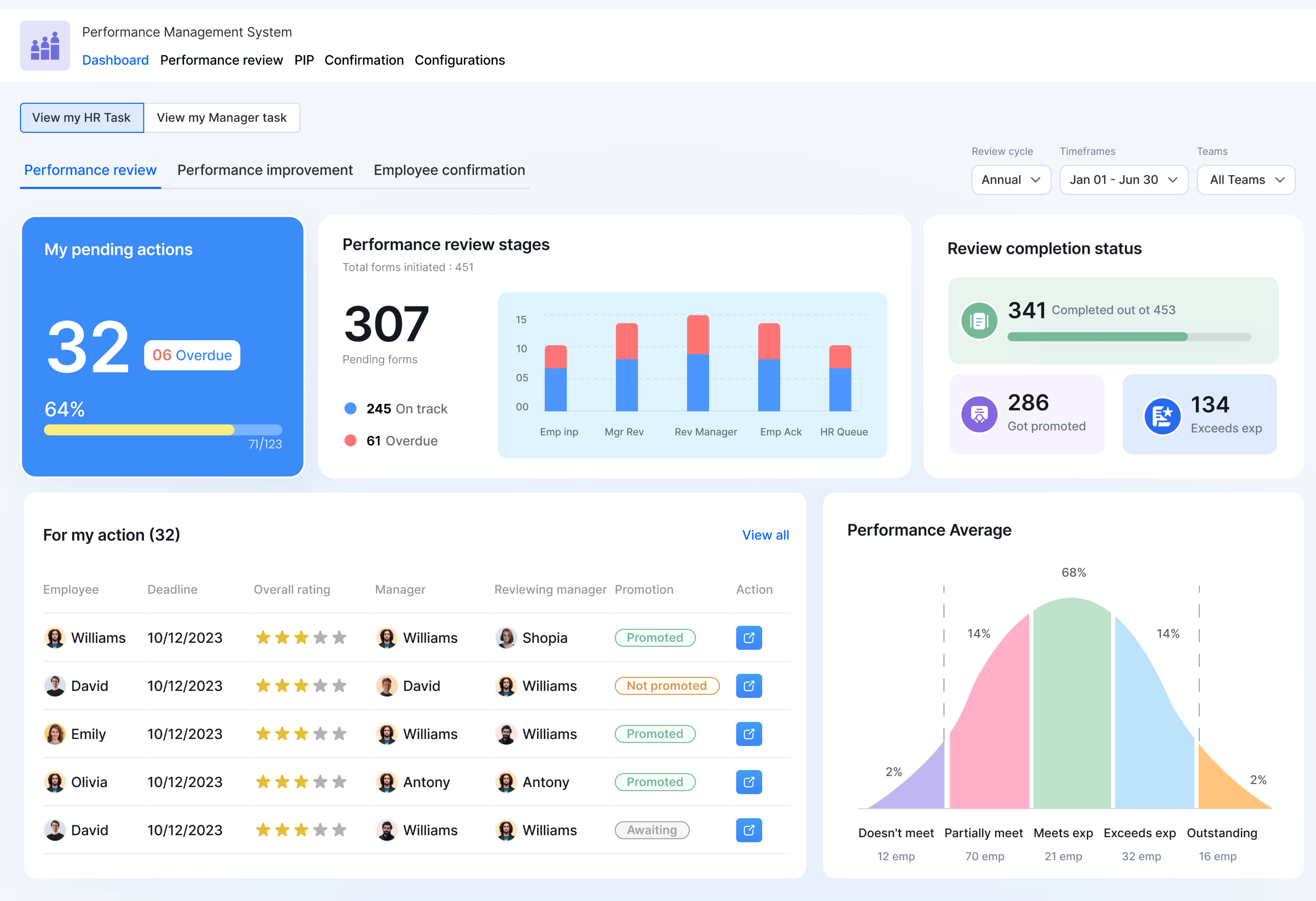
Performance Management System
By Kissflow
Measure and track employee performance with this app.
Paid
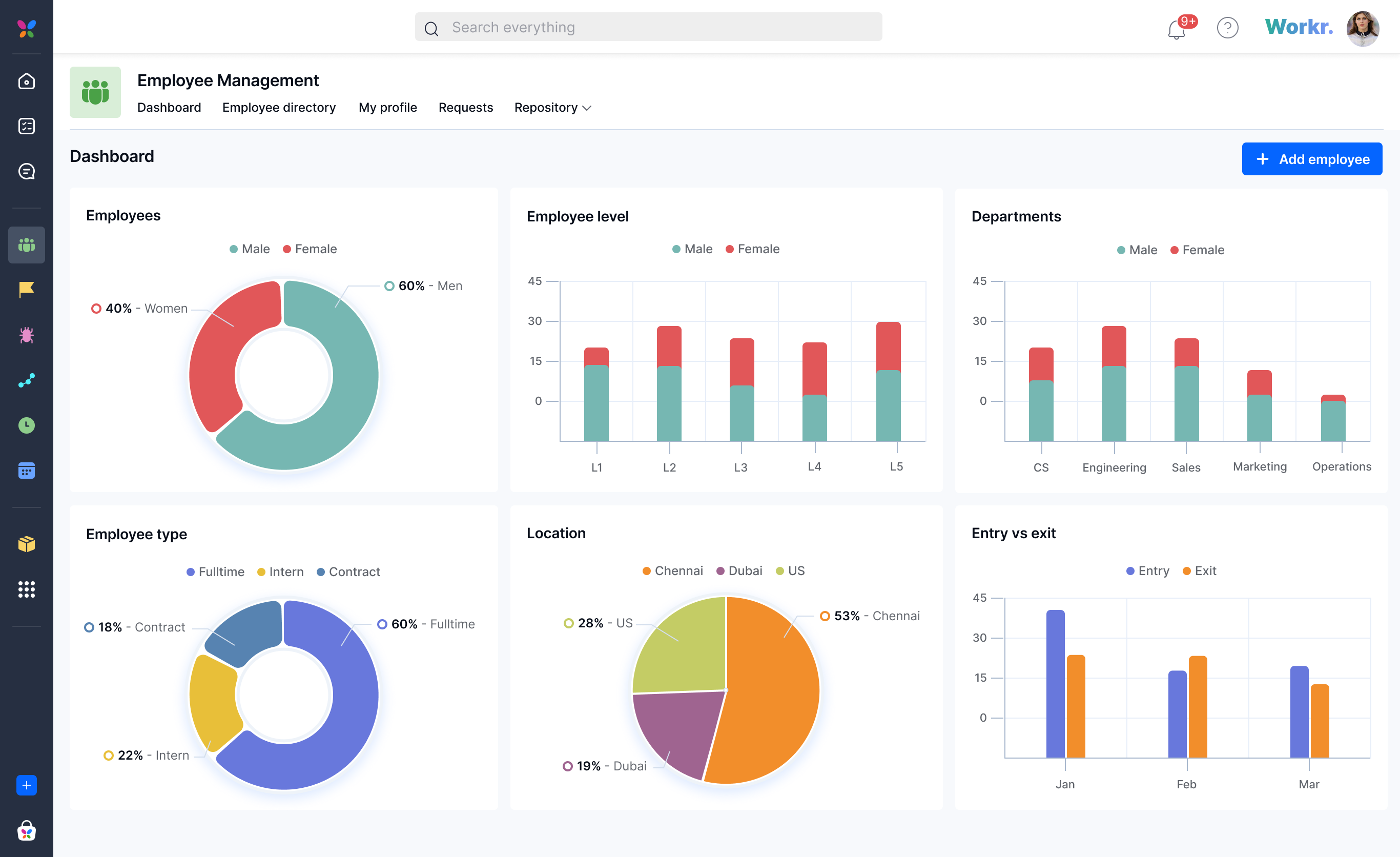
Employee Management
By Kissflow
Streamline and automate HR operations from employee onboarding to offboarding.
Free
No items found
Accelerate and scale app development with Kissflow
Customize with pre-built templates
Build custom low-code apps quickly with pre-built templates.
Tackle internal app backlogs
Implement strategies to clear your internal application backlog quickly.
Join enterprises that trust Kissflow
Enterprises use our low-code platform to streamline app development.
Didn’t find what you're looking for?
Let us know what we can build for you

